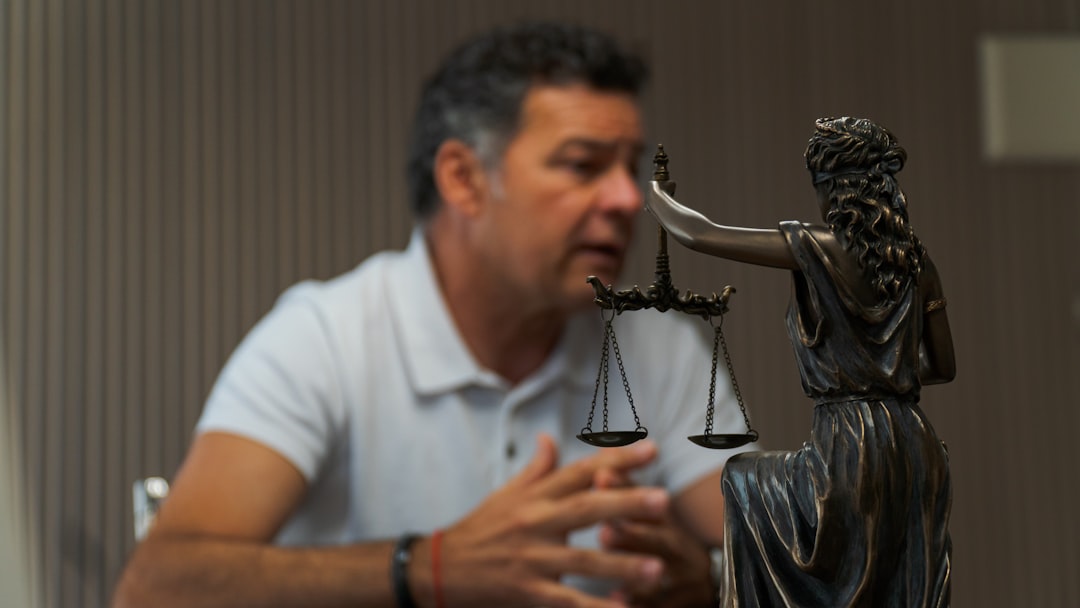In Georgia, schools and educators must understand and comply with state laws protecting children from physical, emotional, and sexual abuse, with a focus on early intervention to ensure student safety. Child abuse law firms play a crucial role by offering specialized knowledge, legal assistance, education, and advocacy to support schools in recognizing and addressing abuse cases effectively. Through partnerships, these firms train staff, facilitate reporting, and develop prevention programs, contributing to a secure learning environment for Georgia's students with the help of local child abuse law firms.
In Georgia, the detection and prevention of student abuse is a critical issue, with significant legal frameworks in place to safeguard children. This article explores strategies for schools to better identify and address abuse, focusing on early detection and intervention techniques. We delve into the signs of child abuse, highlighting the role of legal structures and professional support from child abuse law firms in Georgia to ensure student well-being. By understanding these aspects, schools can foster a safer environment.
Understanding Child Abuse in Georgia: Legal Frameworks and Signs to Recognize

In Georgia, understanding child abuse is crucial for schools and educators. The state has specific laws in place to protect children from various forms of maltreatment, including physical, emotional, and sexual abuse. Child abuse law firms in Georgia often highlight that recognition is the first step towards intervention. Educators should be aware of the legal definitions and signs to identify potential abuse cases effectively.
According to Georgia’s child welfare laws, any person who inflicts or allows a child within their care to suffer physical or emotional injury, or who creates or allows a situation where a child is at substantial risk of harm, is guilty of child abuse. Signs of abuse can be subtle and may include unusual behavior changes, such as sudden aggression, withdrawal, or fear of certain people or places. Physical indicators like unexplained injuries, scars, or poor hygiene might also suggest underlying issues. Recognizing these signs early enables schools to take appropriate actions, including reporting suspected abuse to the proper authorities, ensuring the child’s safety, and providing necessary support services.
Enhancing School Safety: Strategies for Early Detection and Intervention

School safety is a top priority for all educational institutions, but it’s especially critical when it comes to detecting and preventing child abuse. Early detection strategies are crucial in creating a protective environment for students. Schools in Georgia can implement several effective approaches to identify potential abuse cases among their pupils.
One key strategy involves training teachers and staff members to recognize the signs of child abuse and neglect. This includes recognizing behavioral changes, such as sudden withdrawal from activities or persistent emotional distress. Additionally, establishing open lines of communication between students and trusted adults is vital. Encouraging students to speak up about any concerns or experiences they may have can help identify abuse early on. Collaborating with local child abuse law firms in Georgia can provide schools with valuable resources and support for handling such sensitive matters discreetly and effectively.
The Role of Child Abuse Law Firms in Supporting Georgia Schools and Students

Georgia schools play a vital role in identifying and addressing child abuse, but they don’t have to navigate this complex issue alone. Child abuse law firms in Georgia offer invaluable support, serving as crucial resources for educators, administrators, and students affected by these issues. These law firms provide specialized knowledge and legal assistance, ensuring that schools can respond appropriately and effectively to suspected cases of abuse.
Through partnerships with schools, child abuse law firms can educate staff on recognizing the signs of child maltreatment, guide them through reporting procedures, and offer advocacy for both victims and perpetrators. Moreover, these firms assist in developing comprehensive prevention programs tailored to the unique needs of Georgia’s student population, fostering a safer and more supportive learning environment.






